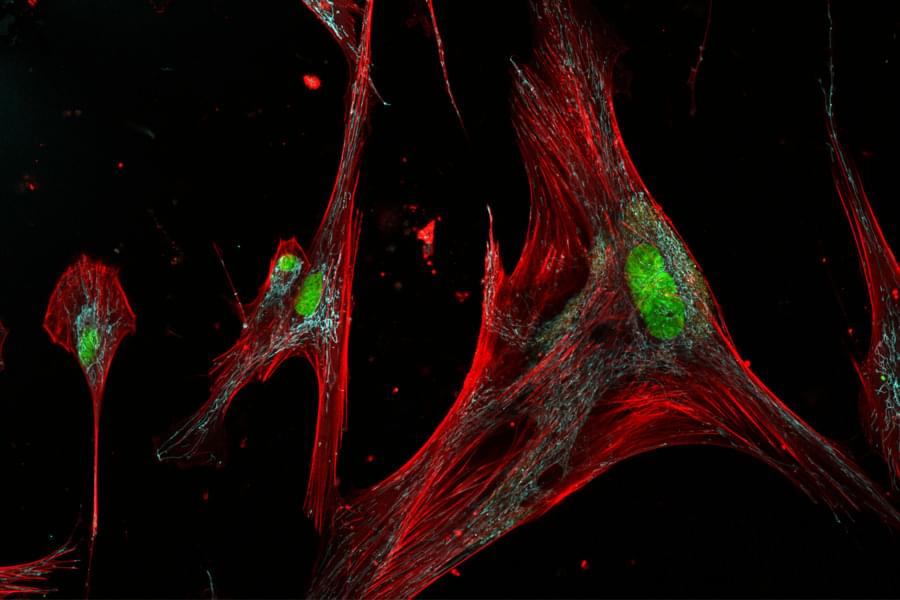The small device contains a slurry of chemicals representing primary flavors and mixes them together to mimic the taste of coffee, lemonade, and more.
A biotech startup from the U.S. is aiming to reshape the construction industry with the launch of a groundbreaking new material that mimics the look and feel of natural wood while outperforming high-grade steel in strength and durability.
Maryland-based firm InventWood, revealed that their engineering wood product called Superwood is a result of molecular-level transformation that turns natural wood into a material up to a dozen times stronger and 10 times tougher than its original form.
🔮 AI in 2030
Posted in mobile phones, robotics/AI | 1 Comment on 🔮 AI in 2030
These AI’s won’t just respond to prompts – although they will do that too – they are working in the background acting on your behalf, pursuing your goals with independence and competence.
Your main interface to the world will, as it is today, be a device; a smartphone or whatever replaces it. It will host your personal AI agent, not a stripped-down thing with limited capabilities of knowledge. It’s a sophisticated model, more capable than GPT-4 is today. It’ll run locally and privately, so all your core interactions are yours and yours alone. It will be a digital Chief of Staff, an extension of your will, with a separate initiative.
In Alan Kay’s visionary Knowledge Navigator video from 1987, we saw an early, eerily prescient depiction of an AI-powered assistant: a personable digital agent helping a university professor manage his day. It converses naturally, juggles scheduling conflicts, surfaces relevant academic research, and even initiates a video call with a colleague — all through a touchscreen interface with a calm, competent virtual presence.
Researchers identified three types of zombie skin cells; only one gets worse with age. Researchers have identified three subtypes of senescent skin cells with distinct shapes, biomarkers, and functions – an advance that could equip scientists with the ability to target and kill the harmful types while leaving the helpful ones intact.
Senescent skin cells, often referred to as zombie cells because they have outlived their usefulness without ever quite dying, have existed in the human body as a seeming paradox, causing inflammation and promoting diseases while also helping the immune system to heal wounds.
New findings may explain why: Not all senescent skin cells are the same. They were published today in the journal Science Advances.
New 4D bioprinting lets tissues change shape and grow stronger, bringing science closer to real, working lab-grown organs.
Our tissue can serve as a “biophysical reservoir” for data processing, blurring the line between man and machine.
For a while now, there has been a problematic mystery at the heart of the standard cosmological model. Although all observations support the expanding Universe model, observations of the early period of the cosmos give a lower rate of acceleration than more local observations. We call it the Hubble tension problem, and we have no idea how to solve it. Naturally, there have been several proposed ideas: what if general relativity is wrong; what if dark matter doesn’t exist; what if the rate of time isn’t uniform; heck, what if the entire Universe rotates. So, let’s add a new idea to the pile: what if dark matter evolves?
While there have been several models proposing an evolving dark energy, the idea of evolving dark matter hasn’t been widely considered. The reason for this is twofold. First, the observations we have of dark matter are excellent. They point to the presence of some kind of material that doesn’t interact strongly with light. The only major weak point is that we haven’t observed dark matter particles directly. Second, the vast majority of folk opposed to dark matter focus on eliminating it altogether through things like modified gravity. They figure dark matter is fundamentally wrong, not something to be tweaked. That makes this new idea rather interesting.
In this work, the authors look at both evolving dark energy and evolving dark matter and argue that the latter is a much better fit to observational data. The first thing they note is that the two models are somewhat related. Since the evolution of the cosmos depends in part on the ratio of energy density to matter density, a model with constant dark matter and evolving dark energy will always appear similar to a model with evolving dark matter and constant dark energy.
W YouTube możesz cieszyć się filmami i muzyką, które lubisz, przesyłać oryginalne treści i udostępniać je swoim bliskim, znajomym i całemu światu.









